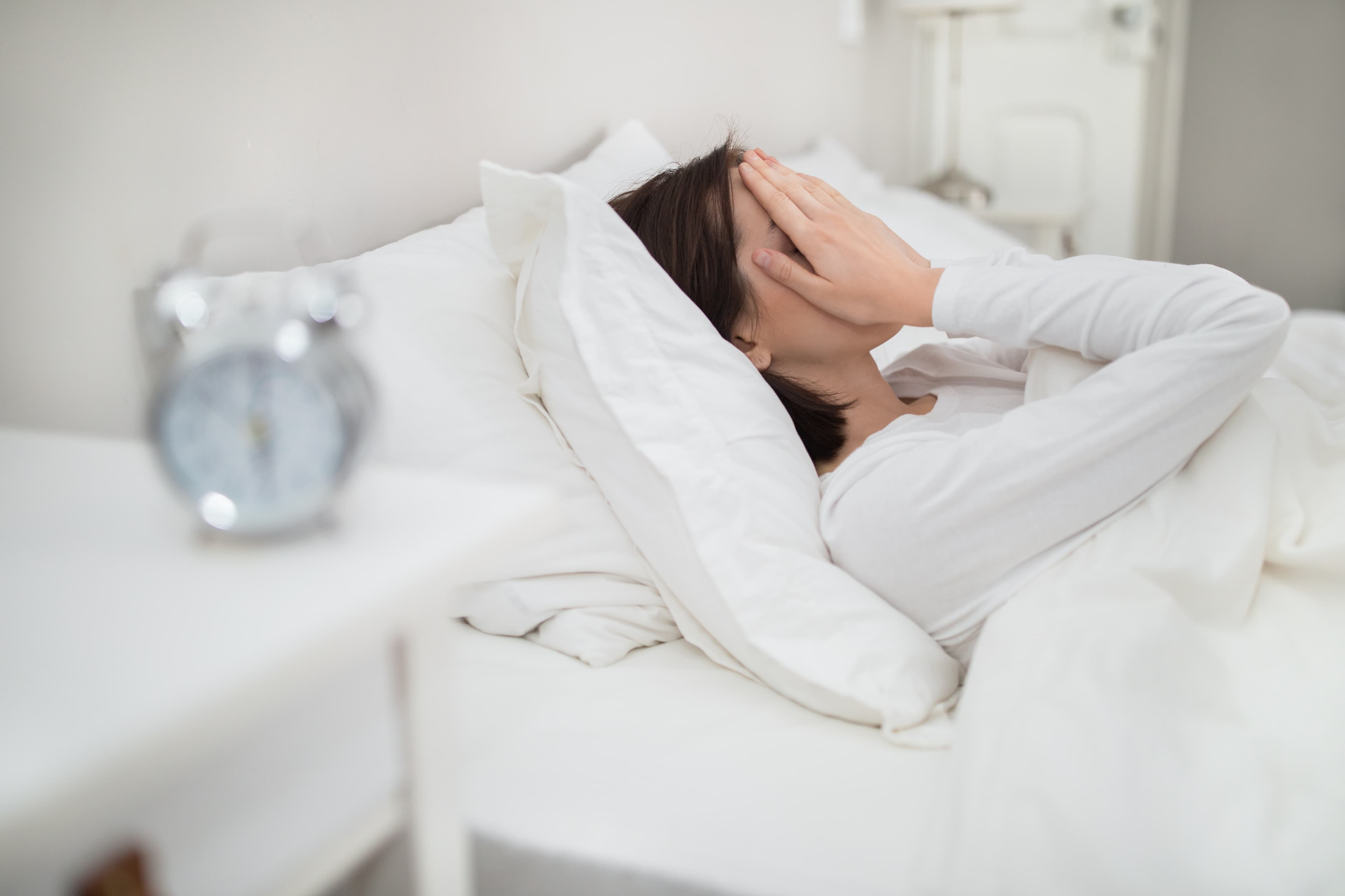Sleep is vital for overall health and well-being, yet many individuals struggle to achieve a restful night's sleep. While common culprits like stress and caffeine intake are well-known, other surprising factors may also disrupt quality sleep. For example, physical tension built up during the day can linger, impacting your ability to fully relax at night. One effective way to address this is with a massage chair, which helps relieve muscle tension and encourages relaxation, setting the stage for better sleep. Let’s look together at the causes of poor sleep and, of course, how you can improve them with simple tricks to integrate into your daily routine.
How stress levels impact your sleep cycle
Stress is a significant factor affecting sleep quality. When faced with anxiety, the body produces cortisol, a hormone that can disrupt your sleep cycle. High cortisol levels can lead to difficulties falling asleep and staying asleep, resulting in a restless night. To mitigate this, consider incorporating relaxation techniques into the daily routine, such as mindfulness meditation or deep breathing exercises.
What to avoid if you want a better sleeping routine
To improve sleep quality, there are certain habits and practices you should avoid. For example, using electronic devices before bedtime can hinder melatonin production, making it more difficult to fall asleep. Additionally, consuming heavy meals or stimulants like caffeine close to bedtime can lead to digestive discomfort and restlessness.
Waking up rested and full of energy will definitely set the mood for the rest of the day too.
Establishing a calming bedtime routine and creating a sleep-conductive environment can significantly enhance your ability to drift off into a deep sleep.
Main causes of poor sleep
Understanding the underlying causes of poor sleep can help you implement effective solutions. Here are some surprising factors to consider:
Poor posture
Your sleeping position can greatly affect the quality of your sleep. Poor posture while sleeping, such as using an unsupportive pillow or mattress, can lead to discomfort and disrupted sleep. It’s very important to ensure that your head, neck, and spine are properly aligned to promote restful slumber. Investing in a quality mattress and supportive pillows can make a significant difference.
Stress
As previously mentioned, stress is a major contributor to sleep disturbances. Learning effective stress management techniques, such as yoga or journaling, can help alleviate tension and promote relaxation before bedtime. Overthinking, instead of sleeping, is a common issue that keeps many people awake at night. This cycle of worrying and ruminating can lead to heightened anxiety and difficulty in unwinding. Journaling your thoughts just before bed can be particularly helpful in breaking this cycle. By writing down your worries and concerns, you can clear your mind and create a mental boundary between your day’s stressors and your time for rest. This practice allows you to acknowledge your thoughts without letting them interfere with your sleep, ultimately promoting a more peaceful and restful night.
Inconsistent sleep schedule
Going to bed and waking up at irregular times can disrupt the body’s internal clock, complicating efforts to establish a consistent sleep pattern. It is advisable to maintain a regular schedule, even on weekends, to help regulate the circadian rhythm. Furthermore, sleeping the same number of hours each night—regardless of whether that amounts to eight hours—is beneficial. Consistency in both bedtime and wake-up time is necessary, as irregularities can adversely affect the body's internal clock.
Diet
What you eat can have a profound impact on your sleep quality. Consuming heavy, rich foods late at night can lead to indigestion and discomfort, making it challenging to fall asleep. Conversely, a diet rich in sleep-promoting nutrients—such as magnesium and antioxidants—can support better sleep. Consider incorporating foods like bananas, nuts, and leafy greens into your evening meals.
Room temperature variations throughout the night
Even subtle changes in temperature can disrupt your sleep cycle, as the body relies on a consistent, slightly cool environment to maintain deep sleep. Adjusting your thermostat or using temperature-regulating bedding can help create a stable environment that promotes uninterrupted rest.
How massage can help you sleep better
Incorporating massage into your nightly routine can be an effective way to promote relaxation and improve sleep quality. Massage therapy helps to reduce muscle tension, lower cortisol levels, and enhance overall well-being.
For those looking for convenience, a professional massage chair can offer a wonderful solution. These chairs provide therapeutic massages that target areas of tension in your body, mimicking the benefits of a traditional massage. By regularly using a massage chair, you can create a calming evening ritual that prepares your body for restful sleep. This can be especially beneficial during times of stress or when experiencing discomfort from poor sleeping posture. These chairs can also provide relief from lower back pain, particularly if you wake up feeling stiff and uncomfortable due to your body's position during sleep.
Understanding the surprising causes of poor sleep and how to address them can help you achieve better rest and overall health. By being mindful of your posture, managing stress, adjusting your diet, and utilising massage therapy—especially through a massage chair—you can create a more restful sleep environment. Embrace these strategies to combat sleep disturbances and improve your overall quality of life.
